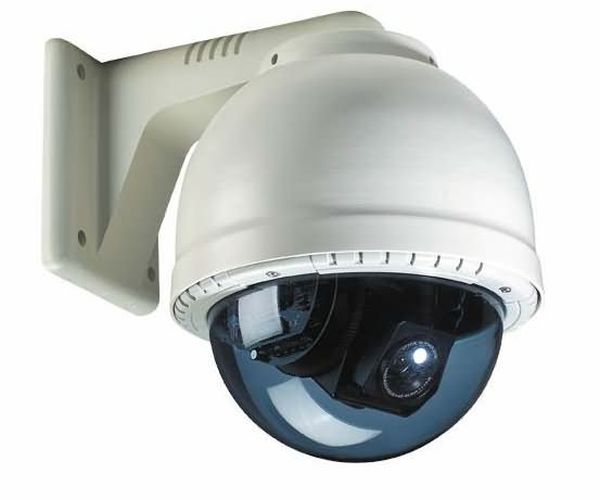Types of Security Cameras
Before you actually invest in a security camera system, you need to think about what you’ll be watching and what you need in order to watch it. The number of cameras you want is probably the first question that should come to mind. Are you focusing on one room in the house, or do you need to keep an eye on several different parts of the house? Will you need to monitor outdoor activity as well as indoor? If you’re simply watching over one room, you’ll probably need just one camera, but including more areas requires a bigger camera system.
Security cameras are either wired or wireless, and which setup you’ll need depends on where you’ll want to put the cameras and how visible you want them to be. Wired cameras might be trickier to install, and stray wires can hamper your attempts to be discreet. They do, however, have a typically higher-quality picture than wireless cameras, since their signals aren’t travelling through the air.
Wireless cameras have more flexibility, but broadcasts from other devices such as wireless Internet, cordless phones and baby monitors — can interrupt a wireless camera’s signal. Also, keep in mind that if you decide on a wireless system, there’s a possibility your video feeds could be intercepted by others. Having someone else monitor your activity around the house or finding out whether or not you’re at home defeats the purpose of having security cameras. If you’re worried about your personal security, you can check with the manufacturer to see whether or not they encrypt their wireless system.
Larger cameras will be visible, and people typically install them outside or in an area where people know they’re under video surveillance. You can also find smaller, hidden cameras online in many different forms — a tiny camera hidden inside of an alarm clock, for instance, or a small pinhole camera that fits inside of an intercom system.
But before you install any type of security system into your home — especially the small, “hidden” type — you should note the legal restrictions on video surveillance. In most states, anyone recording either audio or video in a specified area needs to alert anyone in range of the surveillance device that he or she is being recorded. For instance, if you record someone’s telephone conversation without them knowing it, that’s illegal. It’s also true that if you install a tiny camera into a room in your house without letting anyone know it’s there, you’re technically breaking the law. If anyone found the camera and wasn’t previously aware of its existence, you could potentially face charges.
For more detail: How Security Cameras Work

